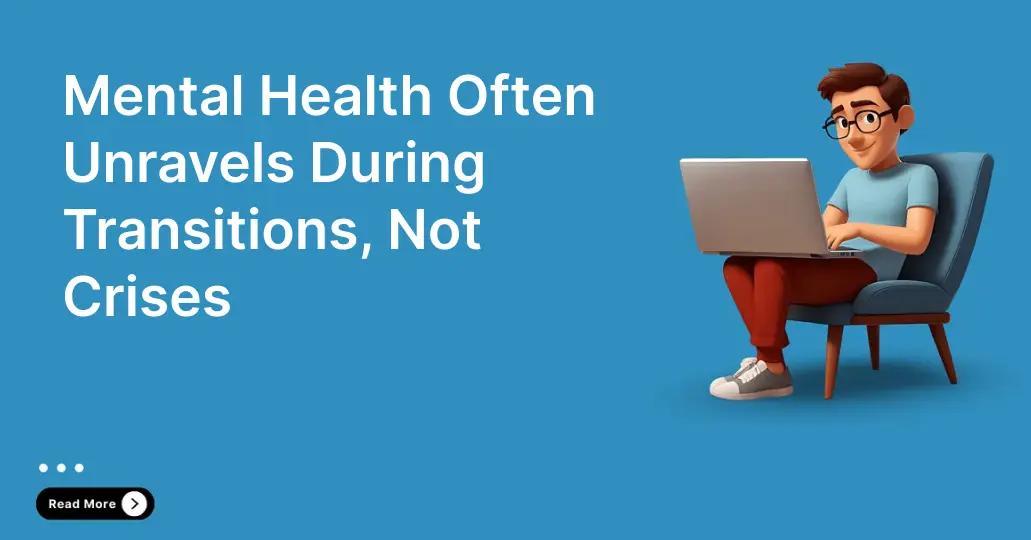
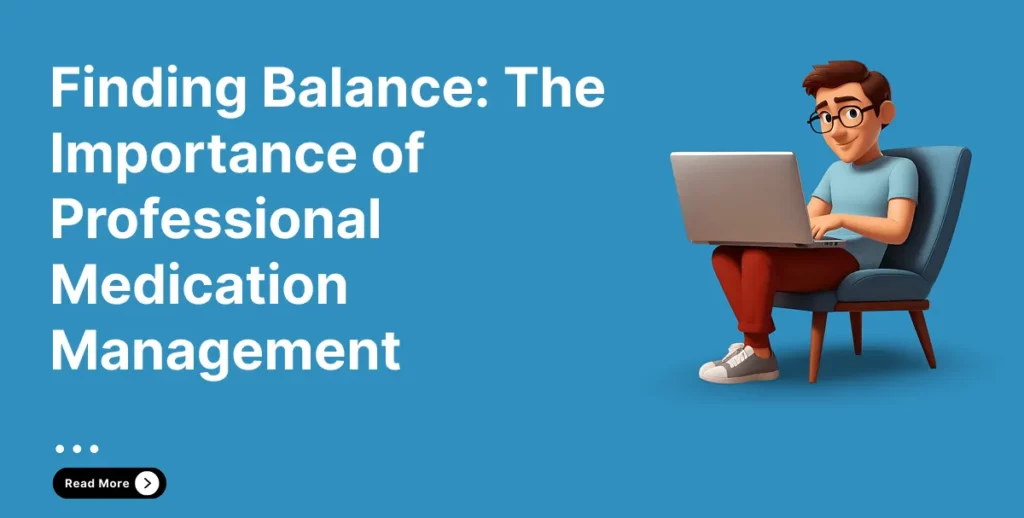
For individuals living with depression, bipolar disorder, anxiety, or other mental health challenges, medication can make a world of difference. But taking the right medication at the right dose is not always straightforward. Too often, people are left trying to navigate side effects, dosage adjustments, and multiple prescriptions on their own. Without expert guidance, this trial-and-error approach can feel overwhelming. That’s where professional medication management comes in, a structured, supportive process that ensures treatment is safe, effective, and tailored to the individual.
Medication isn’t one-size-fits-all. A drug that works well for one person may not work for another due to differences in body chemistry, medical history, or co-occurring conditions. Without proper monitoring, patients risk under-treatment, overmedication, or harmful side effects.
Professional medication management offers several key benefits:
The goal is not simply to prescribe medication, but to ensure it truly supports recovery and quality of life.
Even when prescribed correctly, psychiatric medications can present challenges. Some patients report fatigue, weight changes, or insomnia. Others may feel the medication isn’t working quickly enough and stop taking it prematurely. In cases where multiple conditions exist, such as depression combined with chronic pain, the treatment plan becomes even more complex.
This is why professional oversight is critical. A structured approach helps identify problems early, prevents dangerous discontinuation, and provides adjustments when symptoms change over time.
For patients seeking support close to home, access to medication management provides both convenience and continuity of care. Local providers understand state-specific healthcare networks and can coordinate with therapists, primary care doctors, and specialists. This creates a more connected treatment plan and reduces the risk of miscommunication between providers.
In addition, local care often means greater accessibility, whether through in-person visits or telehealth options, making it easier for patients to maintain consistent follow-up appointments.
Every individual responds to medication differently. What works well for one patient may cause unwanted side effects or prove ineffective for another. That’s why personalized adjustments are so important in any medication management plan. Regular check-ins allow providers to fine-tune dosages, explore alternative medications when necessary, and ensure that the treatment continues to align with a patient’s evolving needs. This ongoing process not only improves outcomes but also helps patients feel more confident and supported in their recovery journey.
Effective management requires more than writing prescriptions. Licensed clinicians play an ongoing role in monitoring progress and adjusting plans as needed. They also educate patients about what to expect when starting or switching medications.
Trusted platforms like Gimel Health provide access to specialists who combine expertise in neurobiology with personalized medicine management. This approach helps ensure each treatment plan addresses not just symptoms, but the individual as a whole.
A structured plan often includes:
This framework reduces uncertainty for patients and helps them stay committed to their recovery journey.
Medication management is not a quick fix, it’s an ongoing partnership between patient and provider. Over time, consistent oversight leads to improved symptom control, fewer relapses, and greater confidence in daily life. Patients also benefit from learning how to advocate for their needs, recognize early warning signs, and adopt lifestyle habits that support treatment.
By combining medical expertise with patient-centered care, medication management creates a foundation for long-term mental health stability.
Managing mental health can feel overwhelming, but you don’t have to do it alone. Professional medication management provides the guidance, structure, and reassurance needed to make treatment safe and effective. If you’ve been struggling with side effects, uncertainty, or inconsistent results, now is the time to seek expert support. With the right plan in place, you can move forward with confidence, knowing your treatment is designed to help you live a more balanced and fulfilling life.

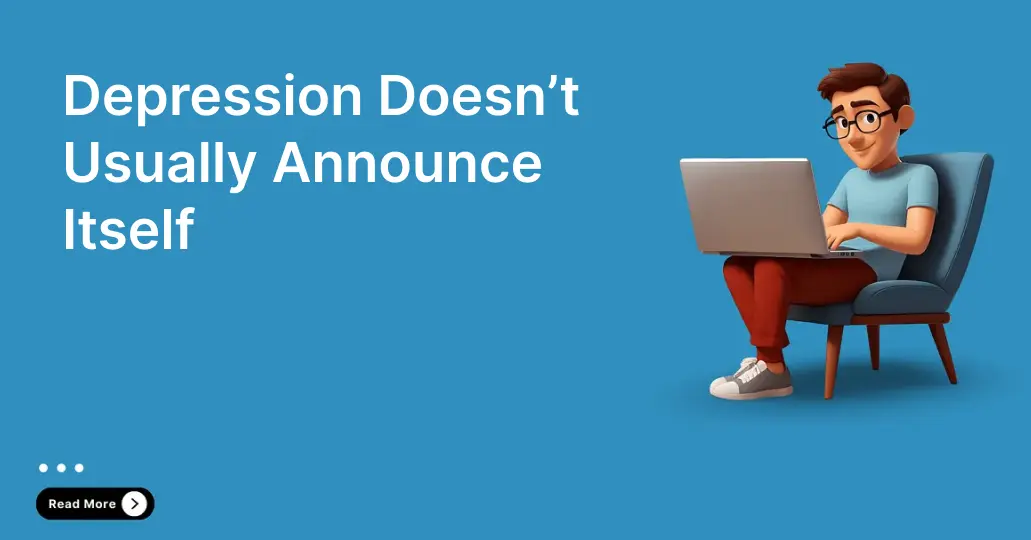
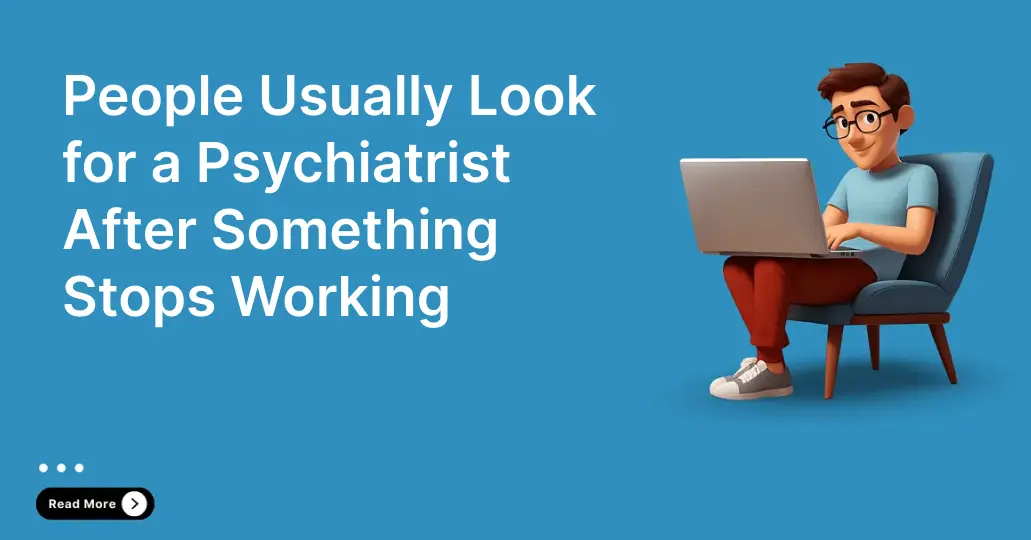
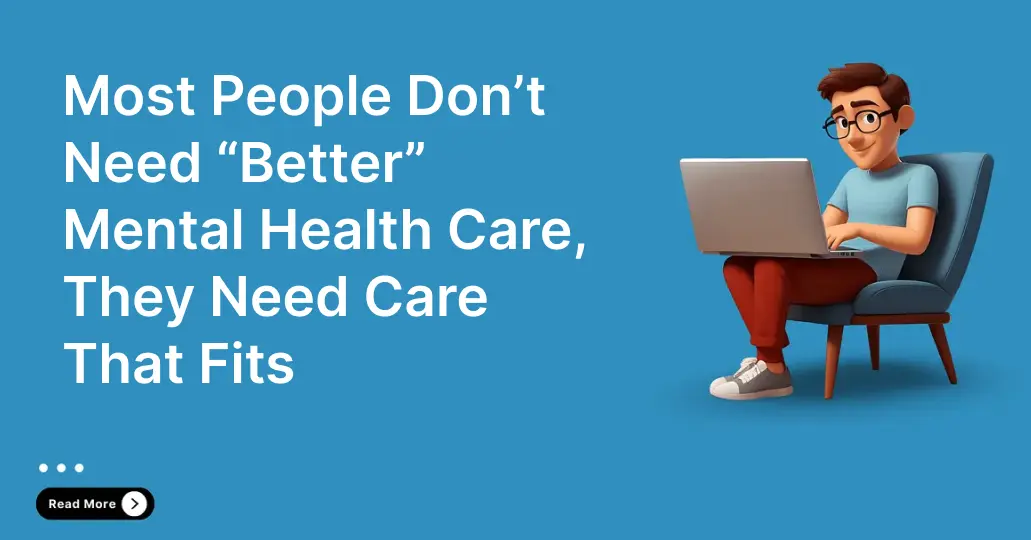

Schedule a consultation! Provide your contact information below and we’ll get back to you as soon as we can.
We use cookies to improve your experience on our site. By using our site, you consent to cookies.
Manage your cookie preferences below:
Essential cookies enable basic functions and are necessary for the proper function of the website.
Google reCAPTCHA helps protect websites from spam and abuse by verifying user interactions through challenges.
Google Tag Manager simplifies the management of marketing tags on your website without code changes.
You can find more information in our Cookie Policy and Privacy Policy.